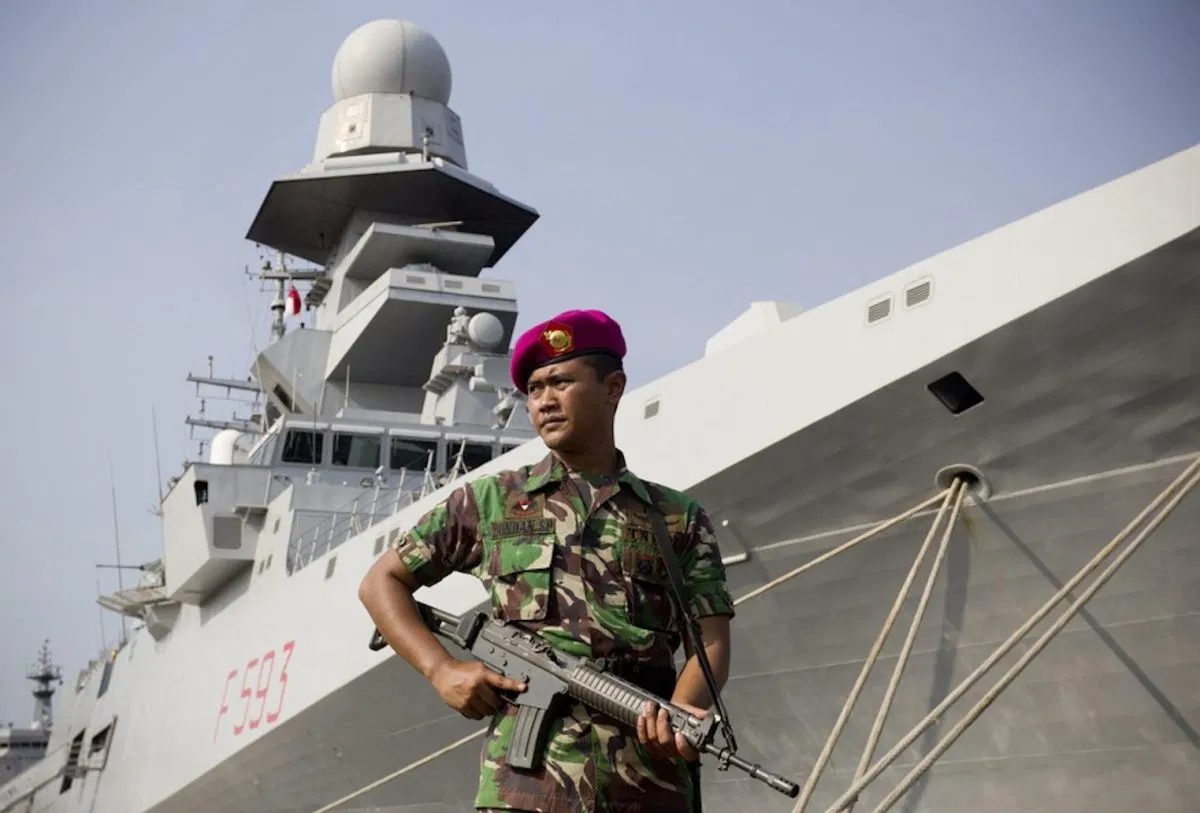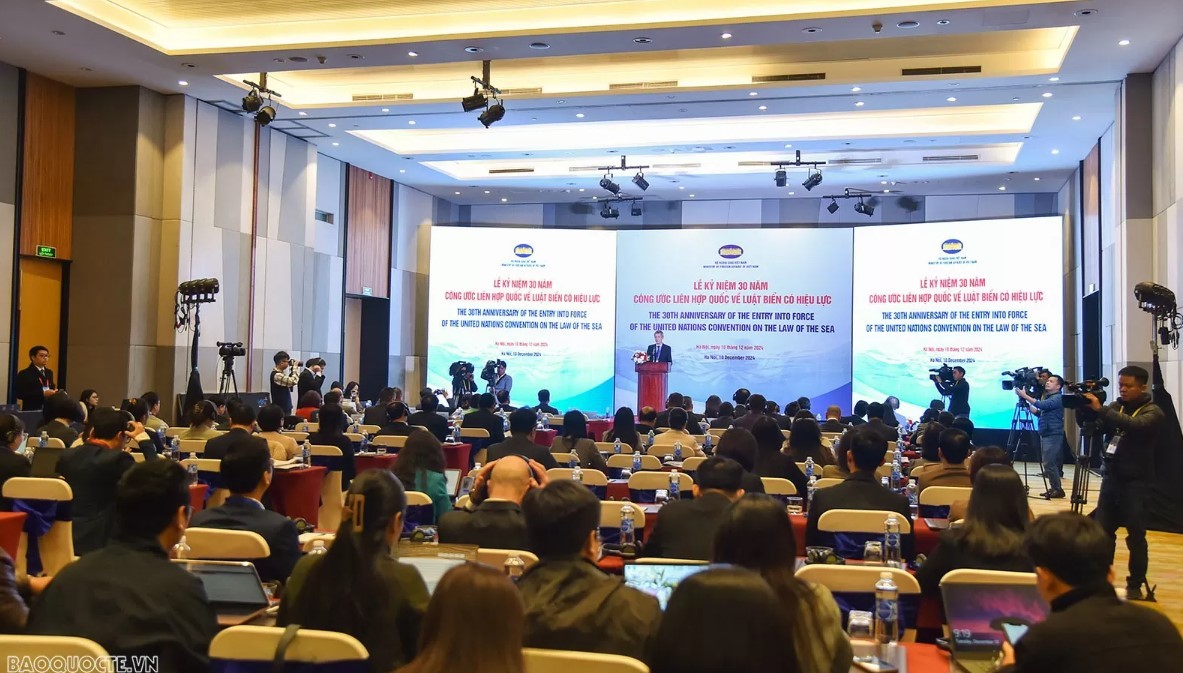The risk of China setting up military bases in Southeast Asia
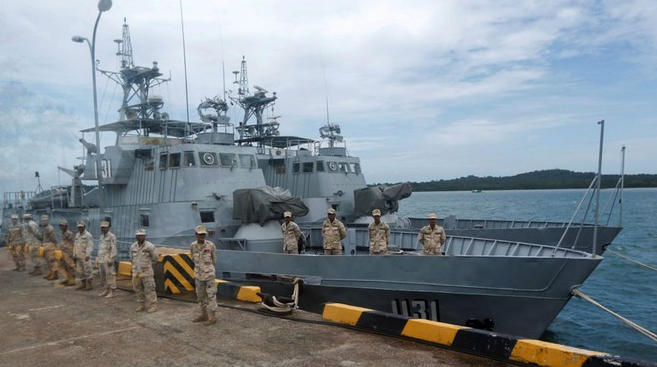 |
| Patrol boat at Ream naval base, Sihanoukville province of Cambodia. (Photo: Reuters) |
In a recent report, the US Department of Defense warned China "may have considered" setting up logistics infrastructure and military bases in five Southeast Asian countries, including Cambodia, Indonesia, Myanmar, and Thailand. Lan and Singapore.
International experts say that Beijing can consider a development investment model to access trade infrastructure abroad and then quietly set up a logistics facility or military base with forces stationed. . This model has been used by Beijing since 2017 to establish the first foreign base in Djibouti (East Africa).
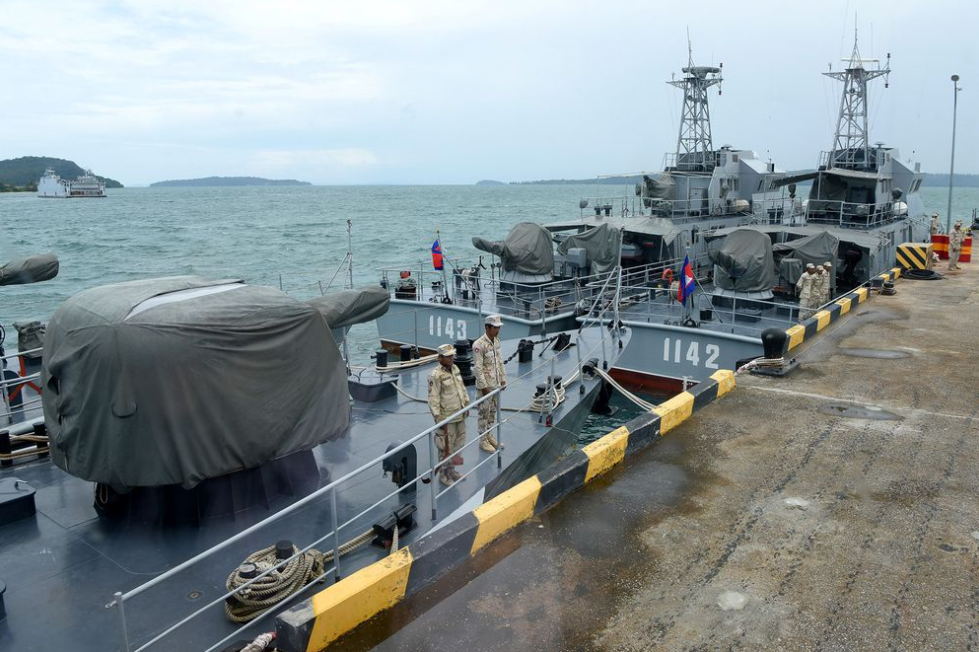 |
| Cambodian naval personnel stand at the Ream Naval Base in Preah Sihanouk province during a media tour in 2019. (Photo: Getty Images) |
Djibouti trap in South East Asia
In terms of its ability to establish a military presence in Southeast Asia, China has made the most progress in Cambodia. “Over the past decade, we have seen China massively invest in infrastructure projects in Cambodia. At the same time, the two sides are strengthening military cooperation, including joint exercises, financial and technical assistance, and arms sales,” said Jeffrey Becker, Director of the Indian Ocean Security Research Program - Pacific at the US Naval Analysis Center, in an interview with Thanh Nien.
Recently, the Center for Strategic and International Studies (CSIS) questioned Cambodia's action of razing a US-sponsored defense facility at the Ream naval base to allow Chinese warships to dock at Ream. While both China and Cambodia officially refused the intention to establish any Chinese bases, experts warned that China may pursue a long-term Djibouti-like plan in bilateral relations with Cambodia.
 |
| Activists march towards the Chinese consulate for a protest in Manila on February 10, 2018, against Beijing's claims in the South China Sea. (Photo: Getty Images) |
Southeast Asia should be cautious of Chinese intentions
Answering Thanh Nien, Dr. Ian Storey, an expert on Southeast Asia at the ISEAS-Yusof Ishak Research Institute (Singapore), commented: “Except for Cambodia and Myanmar, which depend too much on China economically, in the immediate future, other countries such as Indonesia, Thailand, and Singapore will not agree to assist China in establishing a military presence in the region".
Indonesian Foreign Minister Retno Marsudi on Wednesday confirmed that Indonesia would not allow any country, including China, to establish a military presence in the country, according to The Jakarta Post.
“Similar to its action in Djibouti, China has increased its economic, political, and even cultural influence in Southeast Asia over the past time before moving on to establish a military presence. However, the situation here is different as the countries of Southeast Asia have a history of maintaining a balance in their relations with the great powers ”, noted expert Becker.
| In the midst of the Covid-19 epidemic, China still maintained the strategy of "debtbook diplomacy", which means lending developing countries loans for infrastructure development in order to gradually establish a military presence. Not only Southeast Asia, China also applies the Djibouti model in South Asian countries such as Bangladesh, Pakistan, and Sri Lanka. In mid-2017, Sri Lanka signed a $ 1.1 billion agreement to sell 70% of the strategic port stake in Hambantota to China, in order to pay off a huge debt of $ 8 billion. Since then, Chinese warships and submarines have regularly docked at Hambantota port. |
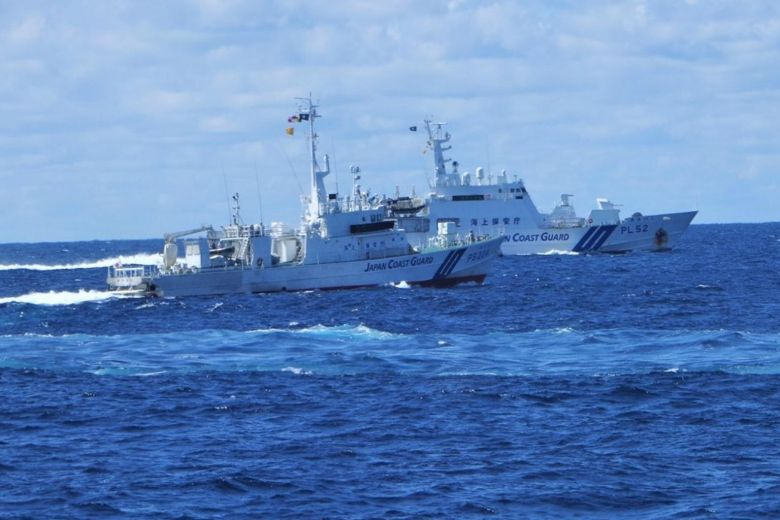 | Japan coast guard: Chinese vessels sail near disputed islands in East China Sea Japan’s Coast Guard said on October 11 that two Chinese vessels entered what Japan considers its territorial waters near disputed islands in the East China ... |
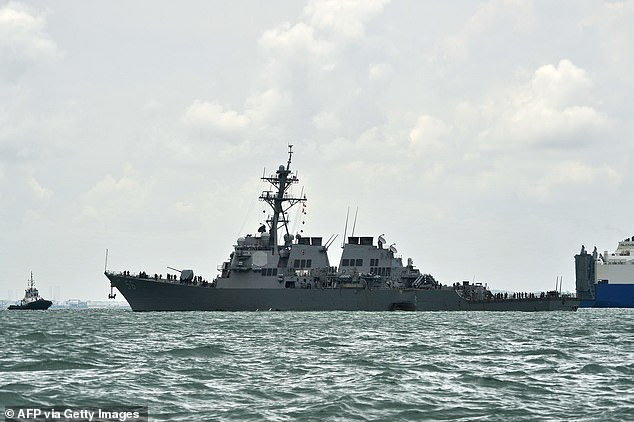 | US’ destroyer sails near Vietnam’s Hoang Sa Islands, Beijing accuses it 'provocative actions' China raised its voice opposing the recent move of the US and called it “provocation actions” as US guided-missile destroyer USS John S.McCain on October ... |
 | US campaign to cut China out of the tech supply chain - comments from Nikkei Asia Apple, Google and others shift production to prepare for 'decoupled' global market, said Nikkei Asian Review. |
Recommended
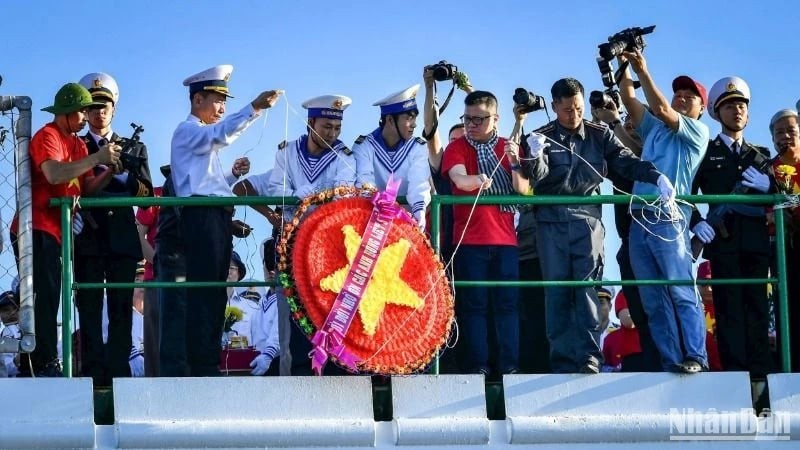 Seas and islands
Seas and islands
Spreading the Love for the Fatherland from the Sea and Islands
 Seas and islands
Seas and islands
Vietnam Endorses Common Voice on Ocean Jurisdiction
 Seas and islands
Seas and islands
Dialogue as Key to Settling Disputes and Advancing Law of the Sea
 Seas and islands
Seas and islands
RoK Navy Ship Pays Friendly Visit to Da Nang City
 Seas and islands
Seas and islands
Naval Region 5 Promotes Reading Culture, Fosters Patriotism
 Seas and islands
Seas and islands
Coast Guard Region 2 Command Hosts Philippine Coast Counterpart
 Seas and islands
Seas and islands
Vietnam - Thailand Navy: Coordination to Well Address Problems at Sea
 Seas and islands
Seas and islands



